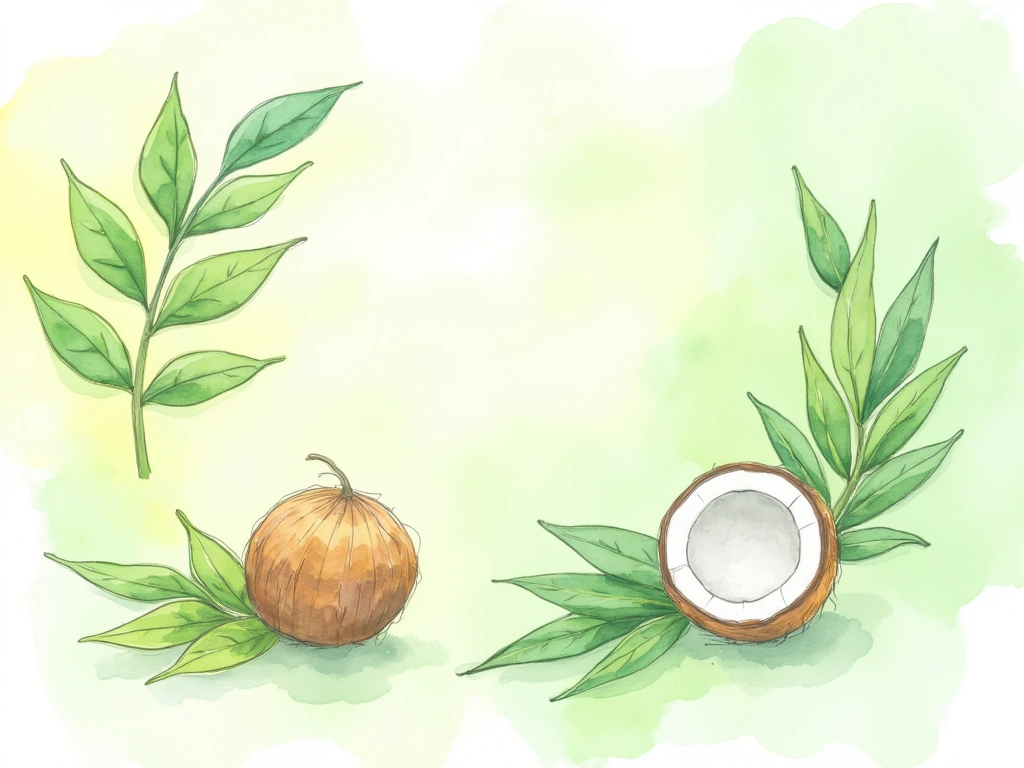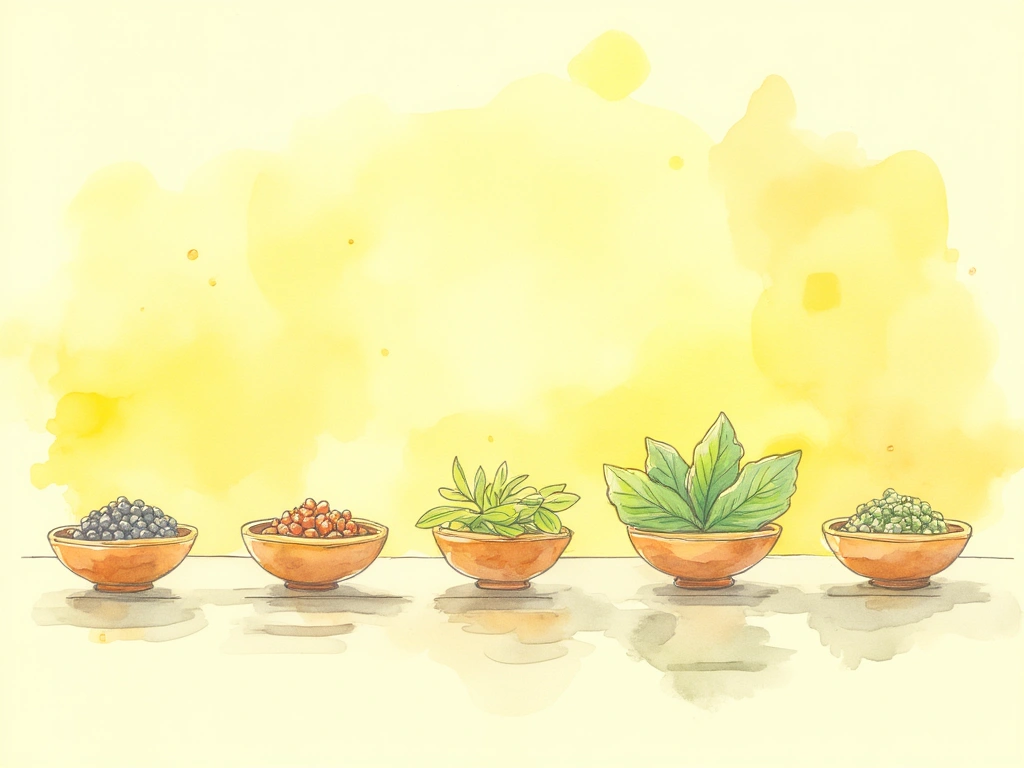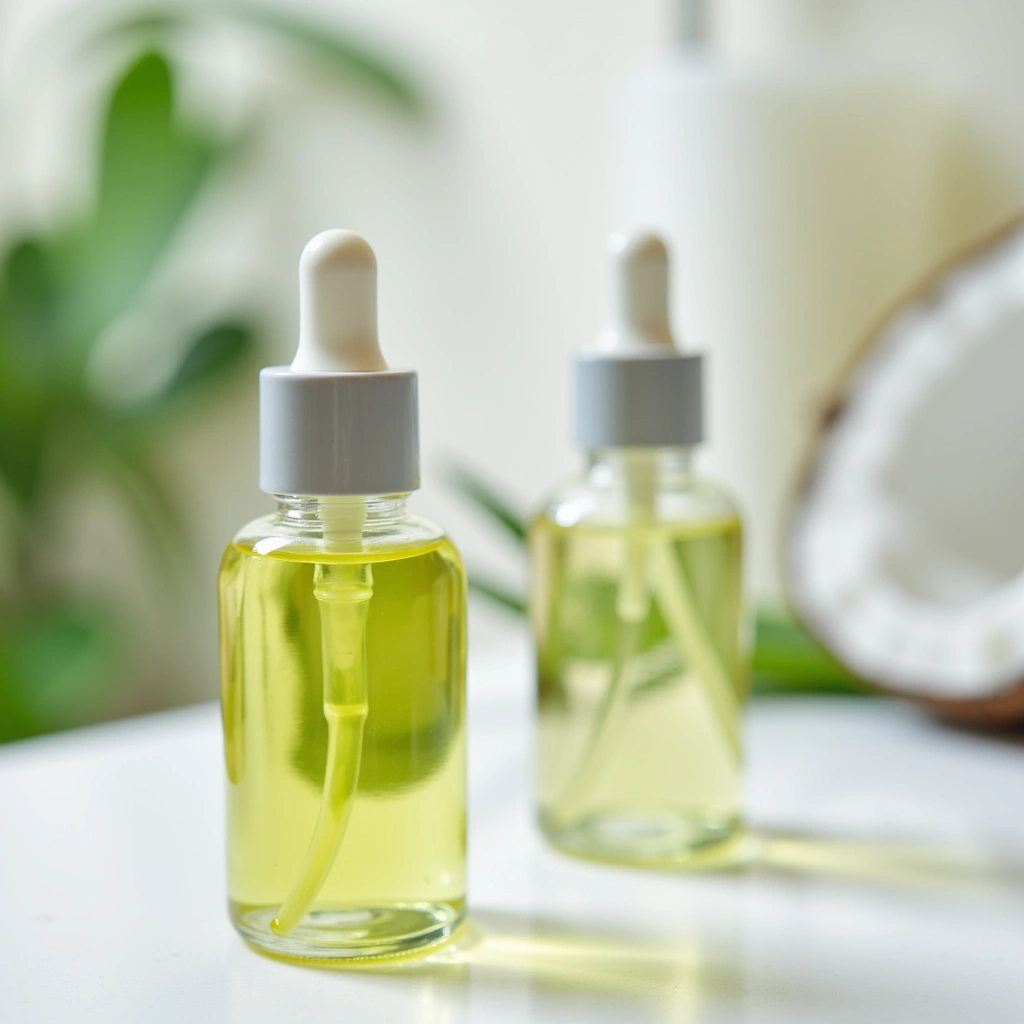This article dives into the science and user experiences behind popular home remedies for dandruff. We’ll explore remedies with strong scientific backing, promising options, and those that are more folklore than fact.
- Discover the home remedies for dandruff that are supported by scientific research.
- Learn which popular remedies users have found effective in real-life scenarios.
- Understand the limitations of home remedies and when to seek professional help.
TLDR: Tea tree oil and coconut oil are the most promising home remedies for dandruff according to research. Aloe vera may offer some benefits, while other common remedies like lemon juice, baking soda, and apple cider vinegar have limited scientific support. User experiences highlight coconut oil, tea tree oil, and apple cider vinegar as helpful, but individual results vary.

The Science-Backed Best: Tea Tree Oil and Coconut Oil
Research points to tea tree oil and coconut oil as the most effective home remedies for dandruff. Let’s look at why.
Tea Tree Oil: The Antifungal Powerhouse
Tea tree oil, derived from the Melaleuca alternifolia plant, is known for its potent antifungal properties. Dandruff is often linked to an overgrowth of a yeast-like fungus called Malassezia. Tea tree oil contains terpinen-4-ol, an active compound that combats fungal and bacterial growth on the scalp [1].
What the research says: A study in the Journal of the American Academy of Dermatology showed that a 5% tea tree oil shampoo improved dandruff severity by 41% compared to just 11% with a placebo. Participants using tea tree oil also reported less scaliness, itchiness, and greasiness [1].
How to use it: Tea tree oil is readily available in shampoos. You can also add a few drops of tea tree oil to a carrier oil (like coconut or olive oil) and massage it into your scalp. Always dilute tea tree oil as undiluted oil can irritate the skin. Patch testing is recommended before applying it to your entire scalp.
User experiences: Many users echo tea tree oil’s effectiveness, especially in shampoos, though some find its effects to be temporary, requiring ongoing use.
Coconut Oil: Nourishing and Microbiome-Balancing
Coconut oil is more than just a kitchen staple; it’s a potential dandruff fighter. Its medium-chain fatty acids, particularly lauric acid, have antimicrobial properties. Coconut oil also moisturizes the scalp, which can alleviate dryness and inflammation often associated with dandruff [2].
What the research says: A 2021 study in PMC found that coconut oil improved the scalp microbiome in women with dandruff. It increased beneficial bacteria and reduced dandruff symptoms [2]. Another study highlighted by Healthline notes coconut oil’s effectiveness against fungal infections, which may be relevant to Malassezia-related dandruff [8].
How to use it: Massage coconut oil directly onto your scalp or use it as a hair mask. Leave it on for about an hour before washing your hair thoroughly to avoid greasiness. Coconut oil is particularly beneficial for dry scalps but might be less ideal for oily dandruff.
User experiences: Coconut oil is a popular choice among users, with many reporting significant dandruff reduction. It’s often praised for its moisturizing benefits and ease of use, although some find it doesn’t work for them or that the dandruff returns after initial improvement.

Promising but Less Conclusive: Aloe Vera
Aloe vera, known for its soothing properties, may also help with dandruff, but the scientific evidence is less robust, especially for scalp dandruff.
How it might help: Aloe vera contains vitamins, minerals, and enzymes like bradykinase, which can reduce inflammation and possess antifungal properties. These properties could potentially ease seborrheic dermatitis, a condition closely linked to dandruff [3].
What the research says: A study in the Journal of Dermatological Treatment found aloe vera gel effective in reducing itchiness and inflammation in facial seborrheic dermatitis [3]. However, this study focused on the face, and direct evidence for scalp dandruff is limited. Medical News Today suggests aloe vera’s potential based on its antimicrobial properties, but more specific clinical trials for scalp dandruff are needed [9].
How to use it: Apply aloe vera gel directly to your scalp and leave it for 30 minutes before shampooing. You can do this a couple of times a week. Patch testing is recommended due to potential allergic reactions.
User experiences: Aloe vera is mentioned by users as a soothing agent, with some finding it helpful for mild dandruff and scalp irritation. It’s often used in combination with other remedies or as a preventative measure after washing hair.

Popular Remedies with Weaker Evidence
Many other home remedies are frequently recommended for dandruff, but they lack strong scientific backing. While user experiences vary, research suggests these may not be as effective as tea tree or coconut oil.
Lemon Juice: The Acidity Question
Lemon juice is often touted for its potential to balance scalp pH and its antifungal properties, thanks to citric acid [6].
What the evidence says: Despite anecdotal recommendations, no direct academic studies confirm lemon juice’s effectiveness against dandruff [4]. Its acidity might offer some benefit, but scientific evidence is lacking.
How to use it: Apply lemon juice to your scalp as a pre-shampoo treatment, leave it on for a few minutes, and then rinse.
User experiences: Some users have found lemon juice helpful, often in combination with yogurt. However, others caution against its use, particularly for sensitive scalps, due to potential irritation and dryness.
Baking Soda: Exfoliant with Limited Proof
Baking soda is suggested as an exfoliant to remove scalp buildup and for its mild antifungal properties [5].
What the evidence says: While a study noted baking soda baths reduced itchiness in psoriasis, there’s no direct evidence for its dandruff-fighting abilities [5]. Baking soda’s high pH can disrupt scalp balance and potentially worsen dryness.
How to use it: Mix baking soda with water and apply it to your scalp, often as a shampoo additive or scrub.
User experiences: Some users report success with baking soda as a dandruff treatment, particularly as a scrub to remove flakes. However, many acknowledge the risk of irritation and dryness, recommending it for short-term use only.
Apple Cider Vinegar (ACV): pH Balancing Claims
Apple cider vinegar (ACV) is another popular remedy, believed to rebalance scalp pH and combat Malassezia with its antifungal properties [12].
What the evidence says: Research supporting ACV for dandruff is weak. A test-tube study showed limited effectiveness against certain yeasts [6], and a review suggested it might help with scalp dryness, but not specifically dandruff [10].
How to use it: Dilute ACV with water and use it as a post-shampoo rinse.
User experiences: ACV is widely discussed by users, with many praising its long-term effectiveness. Some use it as a rinse, while others apply it directly to the scalp. However, some users also report irritation, especially with undiluted ACV, and caution against its use for certain hair types.
Garlic: The Antifungal Hope
Garlic contains allicin, an antifungal compound that might combat fungal-related dandruff [7].
What the evidence says: A review on garlic in dermatology mentions its potential against fungal infections, but no specific studies on dandruff exist [7]. Health websites note limited studies and risks of skin irritation [11].
How to use it: Apply crushed garlic or garlic oil to the scalp, often mixed with other ingredients.
User experiences: Garlic is less commonly mentioned compared to other remedies. Some users suggest garlic oil, often mixed with other oils like coconut oil, for its potential antifungal benefits. However, due to the risk of irritation and strong smell, it’s not a widely favored option.

User Anecdotes: What People Are Saying
Beyond scientific studies, user experiences offer valuable insights. Online forums and communities are filled with personal stories about home remedies for dandruff. Here’s a summary of common themes:
Frequently mentioned remedies: Coconut oil, tea tree oil, and apple cider vinegar are consistently highlighted as effective by users. Coconut oil is praised for its moisturizing properties and pleasant smell, while tea tree oil is favored for its antifungal action. ACV is popular for its perceived pH-balancing effects.
Varied application methods: Users experiment with different application techniques, such as overnight oil treatments, pre-shampoo masks, and post-shampoo rinses. Dilution is often emphasized for potentially irritating ingredients like tea tree oil and ACV.
Combination approaches: Many users find success by combining remedies. For example, using tea tree oil in a carrier oil, followed by an ACV rinse. Some users also incorporate yogurt or aloe vera into their routines for added exfoliation or soothing effects.
Maintenance is key: Users stress that managing dandruff is often an ongoing process, not a one-time fix. Regular application of chosen remedies and consistent hair care routines are crucial for maintaining a flake-free scalp.
When to seek professional help: Many users advise consulting a dermatologist if home remedies fail, or if dandruff is severe or accompanied by other symptoms like intense itching or scalp inflammation. They recognize that underlying conditions might require medical treatment.
Less popular but mentioned remedies: Castor oil, MCT oil, yogurt, and aloe vera also appear in user anecdotes, though less frequently than coconut oil, tea tree oil, and ACV. Castor oil is sometimes used for severe dandruff, while MCT oil is mentioned by users with seborrheic dermatitis. Yogurt and aloe vera are used for their exfoliating and soothing properties, respectively. Baking soda and lemon juice are less favored due to potential irritation and dryness.

Limitations and Important Considerations
Home remedies can be a convenient and natural way to manage dandruff, but it’s important to be aware of their limitations:
- Individual Variability: What works for one person might not work for another. Dandruff causes and scalp types vary, so experimentation may be needed to find the best remedy for you.
- Not a Cure-All: Home remedies often manage symptoms rather than completely curing dandruff, especially if it’s related to an underlying condition like seborrheic dermatitis.
- Potential Side Effects: Some remedies can cause irritation, dryness, or allergic reactions. Always do a patch test before applying a new remedy to your entire scalp.
- Severity Matters: For mild to moderate dandruff, home remedies may be sufficient. However, severe or persistent dandruff might require medical-grade treatments like prescription antifungal shampoos or topical corticosteroids.
- Consult a Professional: If your dandruff doesn’t improve with home remedies, or if it worsens, consult a dermatologist or healthcare professional to rule out other conditions and get appropriate medical advice.

Conclusion and Key Takeaways
Home remedies offer a natural approach to managing dandruff, with tea tree oil and coconut oil standing out as the most promising based on research. Aloe vera shows potential, and user experiences highlight the benefits of coconut oil, tea tree oil, and apple cider vinegar. However, remedies like lemon juice, baking soda, and garlic have weaker scientific support.
Ultimately, finding the right approach to dandruff often involves some trial and error. Listen to your scalp, be patient, and don’t hesitate to seek professional help when needed.
- Tea tree oil and coconut oil are the most research-backed home remedies for dandruff.
- Aloe vera may offer soothing and anti-inflammatory benefits, but more scalp-specific research is needed.
- Lemon juice, baking soda, apple cider vinegar, and garlic have limited scientific support for dandruff treatment.
- User experiences suggest coconut oil, tea tree oil, and apple cider vinegar are helpful, but individual results vary.
- Consult a healthcare professional for persistent or severe dandruff to rule out underlying conditions and get appropriate treatment.

No Comments
Be the first to start a conversation